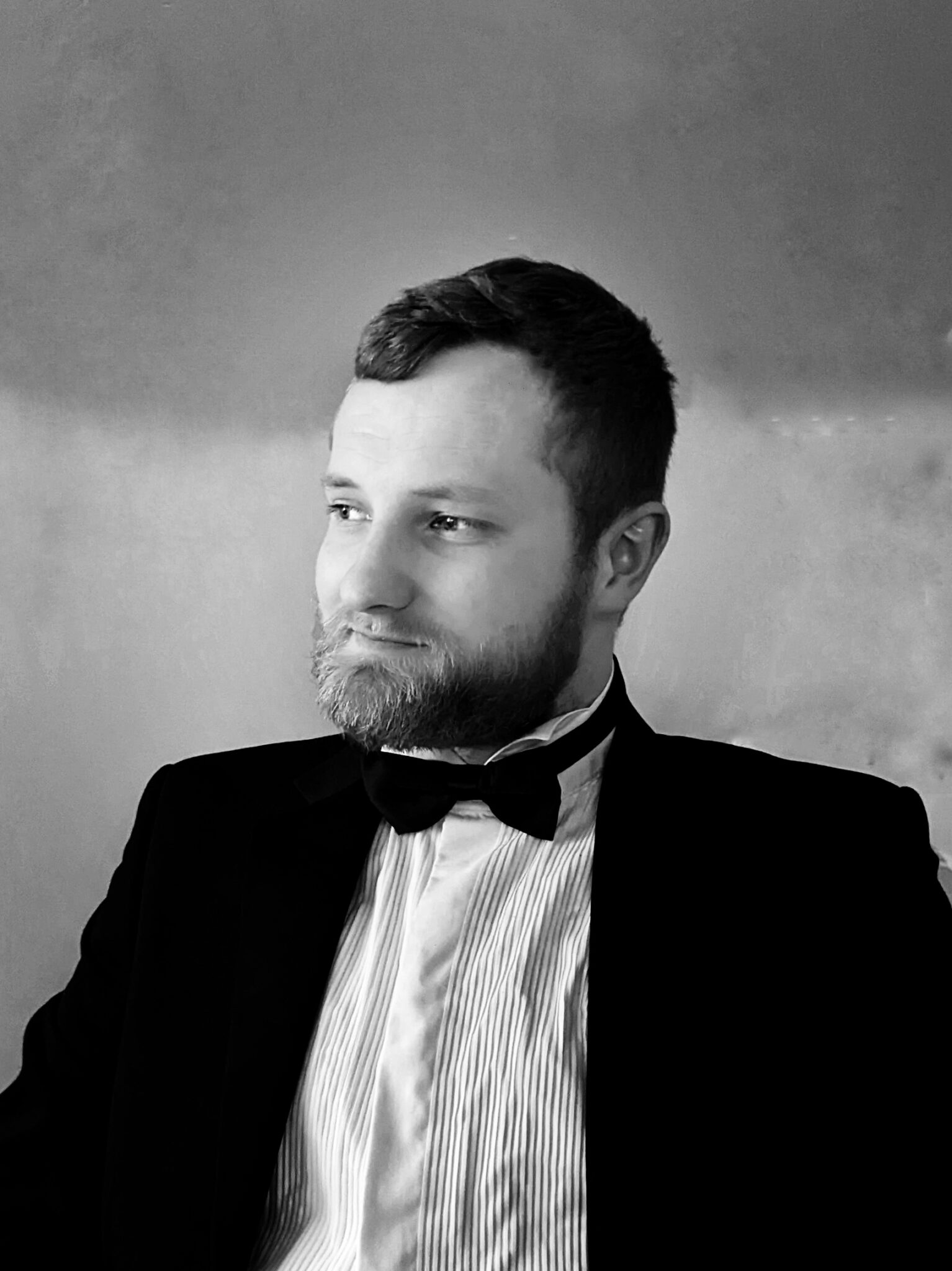-
Rutter’s Magnificat Programme Notes
Music and the Magnificat The Magnificat, as recorded in Luke’s Gospel, is a hymn that has become a cornerstone for music making within the Church for over two millennia. In the Gospel, Mary sings these words on hearing that she will bear the Son of God. Today, we see the text used liturgically in the
-
Music from the British Isles – Programme Notes
The Choral music in England, Scotland, Ireland, and Wales has often taken a different trajectory from its European counterparts. In part, this was due to the increased time it took for artistic ideas to permeate to Britain from the various cultural centres of Venice, the Vatican, or even Vienna. It is possibly the historical context
-
School Ukulele Ensemble (SUE) Requirements
The School Ukulele Ensemble (SUE) series is a self-published series of music written and arranged especially for Schools Music leaders to have a repertory of arrangements. These guiding requirements are designed to allow a common language in Ukulele arranging for school ensembles, without inhibiting creativity. Objectives: Guiding Requirements for this series: 1. Submissions may be
-
John Blow and the Court Ode
In Thomas Tudway’s (d. 1726) prefaces to his volumes of Services and Anthems, presented to Lord Edward Harvey between 1715 and 1717, give accounts (and opinions) on the state of church music after the Restoration of the monarchy in 1660 (see appendix 4). Tudway describes how, along with the monarchy being restored after the Commonwealth
-
Music Edition: Arise my Melancholy Soul – John Blow
-
Music Edition: My Trembling Soul Awake – John Blow
Editorial Procedure, Performance Practice and Advice for Musicians Sources Two manuscripts have been consulted in compiling this edition, Christ Church manuscript 23 (Appendix 1) and British Library Additional manuscript 33287 (Appendix 2). The Christ Church manuscript is described in the John Milsom catalogue as having a late seventeenth century binding, whilst the British Library manuscript
-
Verse Anthem
The Verse Anthem: Virtuosic Verse for Making Means? A study into the Verse Anthem and its place in Society c.1560–1690 According to Charles Butler in The Principles of Musik, the finest anthem was one ‘wherein a sweet melodious treble or countertenor singeth single and a full choir answereth [sic]’. He was referring to the Verse
-
Reading List for John Blow
M. Adams, ‘Purcell, Blow and the English Court Ode’, in C. Price ed., Purcell Studies (Cambridge, 1995), 172–91 M. Burden, ‘Purcell’s and his Contemporaries’ in M. Burden ed., The Purcell Companion (London, 1995), 52–98 C. Burney, A General History of Music (London, 1776–89; ed. F. Mercer, London, 1935) J. Caldwell, A History of English Music,
-
Arvo Pärt’s Music and its reception in the Soviet State 1960-1976
Estonian born Arvo Pärt (b. 1935) spent the majority of his life, through his early years to his working life as a composer and musician, under Soviet rule. Estonia was part of the Union of Soviet Socialist Republics (USSR) when it was occupied in 1940, when Pärt was only 5, until the state collapsed in
-
Wagner’s use of Leitmotif in Tristan und Isolde
Despite having only learnt the skills of harmony at the age of 15, having been discouraged from studying music by his mother, Richard Wagner (1813-1883) was perhaps the greatest exponent of both mid-nineteenth-century German romanticism and mid-nineteenth-century opera. In his operas, or ‘musical drama’, as Wagner referred to it, the music was only merely secondary

